Interior Cabinet Secretary Kithure Kindiki recently revealed a serious security threat that could have had catastrophic consequences for Kenya.
During an address to the National Assembly Committee on Administration and Internal Security, Kindiki disclosed that a second attempt to set fire to Parliament was thwarted just two days after protesters stormed the building on June 25, 2024.
On June 27, at around 4 a.m., police arrested a suspect outside the Parliament building, carrying fuel.
According to Kindiki, the suspect was reportedly planning to burn down the Parliament, a symbol of Kenya’s legislative authority.
Kindiki likened the attempted arson to the January 6th Capitol riots in the United States, where rioters stormed the Capitol building, highlighting the severity of the situation.
The incident happened amid ongoing national unrest, with public frustration mounting due to the controversial Finance Bill that was passed earlier in 2024.
The Finance Bill introduced new taxes, which many Kenyans saw as an additional burden in an already struggling economy, leading to massive protests across the country.
The arrest on June 27 came in the wake of the June 25 protests, where demonstrators forcefully entered Parliament, damaging property, and sparking concerns over the security of key government institutions.
During these protests, demonstrators targeted not only Parliament but also the Supreme Court, as reports indicated that an attempted invasion of the Judiciary building was also in progress.
These actions, Kindiki pointed out, went beyond mere civil disobedience, they were seen as coordinated efforts to destabilize the government and challenge the state’s authority.
Kindiki emphasized the importance of protecting Kenya’s democratic institutions and described the actions as more than just a reaction to financial hardship but rather as part of a larger, more insidious plot to overthrow the government.
The foiled arson plot further elevated concerns over Kenya’s internal security, especially regarding the ability to protect its most critical institutions from attacks.
This revelation has further deepened the discourse around national security and the challenges that Kenya faces amidst the rising tide of unrest.
The Finance Bill, which was the root cause of the protests, was controversial because it introduced massive tax hikes, increasing the cost of living for many Kenyans.
This caused widespread discontent, with critics arguing that the bill would exacerbate the financial struggles of ordinary citizens, especially in a country already grappling with inflation and economic challenges.
The protests that followed were not isolated incidents but part of a larger wave of discontent seen across the country, particularly in urban centers like Nairobi.
While the arrest of the suspect on June 27 brought a temporary sense of relief, Kindiki warned that the threat was far from over.
The protestors’ actions and the thwarted arson attempt raised critical questions about the safety of Kenya’s political institutions and the government’s ability to safeguard them in the future.
Furthermore, Kindiki’s revelation of the incident brought renewed attention to Kenya’s political climate, where dissatisfaction with government policies often sparks protests that occasionally escalate into violence.
There have also been concerns about the response of law enforcement.
The June protests were marked by accusations of police brutality, with reports of enforced disappearances and fatalities.
Many Kenyans have called for investigations into the conduct of the police during the protests, as images of heavily armed police clashing with demonstrators have flooded the media.
Kindiki acknowledged these concerns during his address but maintained that the priority was to ensure the protection of national institutions from both internal and external threats.
The thwarting of the arson plot may have prevented a tragedy, but it has left Kenya at a crossroads, with tensions still simmering.
The government faces an uphill battle to restore public confidence and maintain order while balancing the legitimate concerns of its citizens.







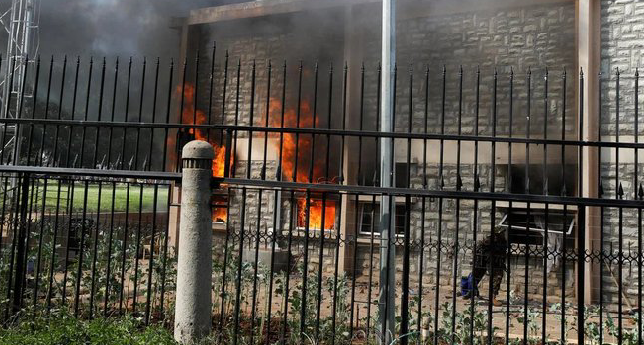


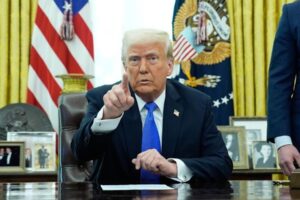

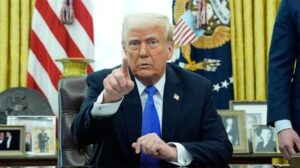



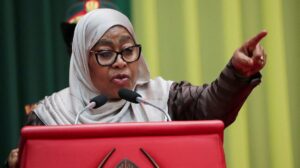


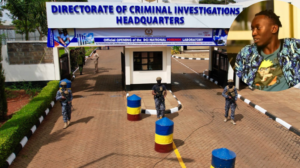
Add Comment